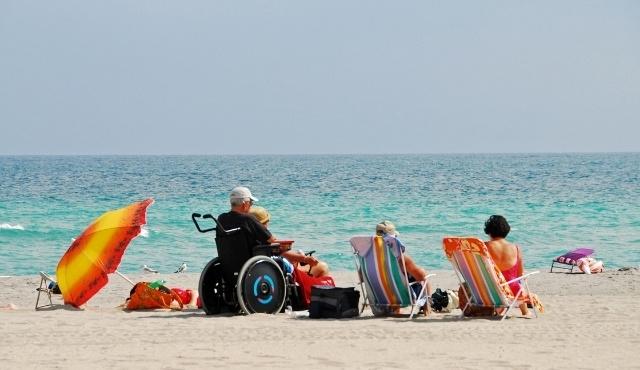Understanding the Intersection of Disability and Poverty in Spain
Disability remains a significant issue affecting many individuals in Spain, contributing to economic challenges. The complex relationship between disability and poverty is a pressing concern that has implications for social policy and individual lives.
The Current State of Disability in Spain
According to recent statistics, approximately 7% of the Spanish population lives with some form of disability. This demographic often faces barriers that exacerbate their financial insecurity and limit their opportunities for social inclusion.
The Impact of Poverty on Individuals with Disabilities
Poverty can severely limit the resources available to individuals with disabilities. This limitation often manifests in restricted access to healthcare, education, and employment opportunities, perpetuating a cycle of disadvantage.
Government Response and Social Policies
The Spanish government has enacted various policies aimed at supporting individuals with disabilities, but challenges remain. There is a need for more inclusive policies that address the specific economic hurdles faced by disabled individuals.
Community Involvement and Non-Profit Efforts
Organizations and non-profits play a crucial role in providing assistance and advocacy for individuals with disabilities in Spain. Through initiatives and programs, they seek to bridge the gap created by poverty and promote social integration.
Conclusion: A Call to Action
Addressing the intersecting issues of disability and poverty in Spain requires a collective effort. It is essential for society to prioritize inclusive practices and support systems that empower those affected, and you can learn more about this critical issue here.

